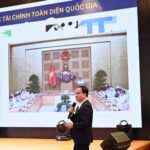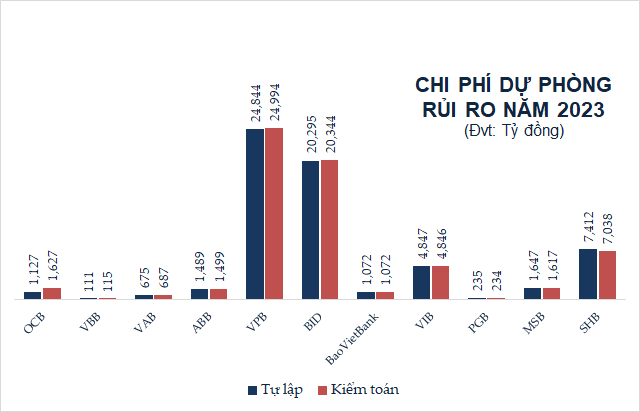Services
Pioneering the Comprehensive Deployment of Basel III & ESG
As two key strategies for modern banks, the Basel III norms (international standards for bank capital adequacy) and the ESG standards (Environmental, Social & Governance – a framework for measuring sustainability and corporate responsibility towards the environment and society) have become the yardstick for sustainable development, helping banks integrate internationally. Understanding its role in contributing to a sustainable economy, KienlongBank has set a clear direction to build a bank that not only grows in scale and strengthenssection strong governance but also aims to build a robust, environmentally friendly ecosystem that meets social responsibility requirements.
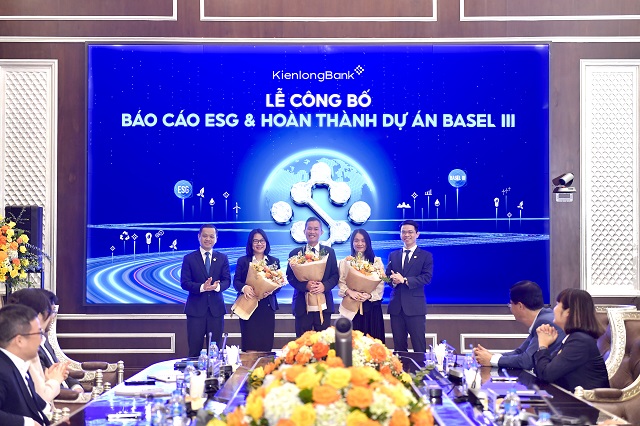
Mr. Tran Ngoc Minh – Chairman of the Board of Directors of KienlongBank and Mr. Tran Hong Minh – Acting CEO of KienlongBank present flowers to express their gratitude and congratulate the two partners and the Project Management Unit
|
At KienlongBank, after the successful implementation of Basel II, the bank also embarked on the deployment of Basel III following a comprehensive roadmap across all three pillars to enhance capital quality and liquidity, build resilience to shocks, improve post-shock recovery, and contribute to preventing potential systemic losses. In parallel, the bank is also strengthening the implementation of ESG standards to meet environmental, social, and governance norms in Vietnam and internationally.
With the determination of the Board of Directors and the high efforts of the Project Management Unit members, along with the dedicated advice from two reputable strategic partners (KPMG & EY), KienlongBank marks an important milestone in its journey of relentless efforts. The bank has completed the Basel III norms on liquidity and capital standards, considered a shortcut to complying with regulations suitable for the characteristics of commercial banks.
The bank has also published its ESG Sustainability Report according to international standards, covering four main topics for implementation in practical conditions and environments. The report includes 14 critical topics, 55 applied GRI standards, and an approach based on four core pillars. Additionally, the bank has issued its ESG statement, including: Persistent Sustainable Growth, Dedicatedsection Heart for Customers, Determined Professional Development, and Steadfast Governance.
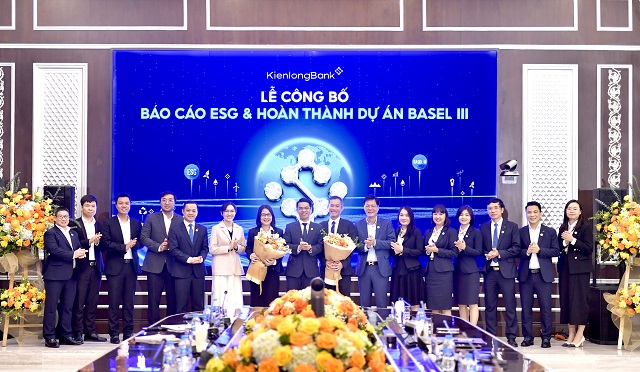 |
Heading towards the 30th anniversary of KienlongBank’s formation and development (1995-2025), the successful “finish” and pioneering synchronized deployment of these two key projects is not only a triumph in adhering to the bank’s long-term strategic orientation but also a testament to the Board of Directors’ strong determination to concentrate resources on enhancing governance capabilities, elevating customer experiences, developing sustainable financial products, and increasing value for society with the mission of “sharing green values and pioneering participation in green programs and activities for the benefit of community development.”
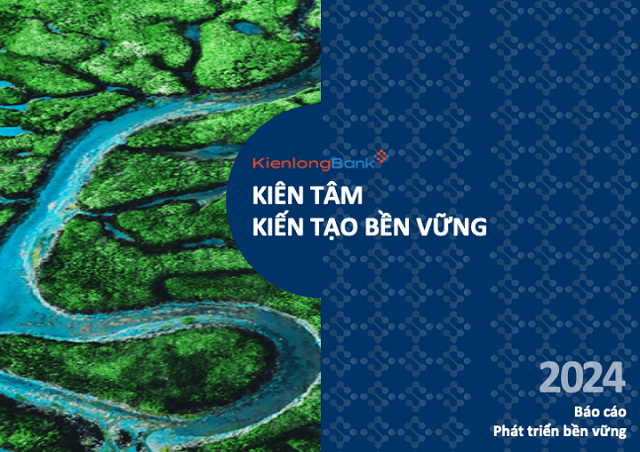 KienlongBank officially announces its 2024 Sustainability Report
|
Mobilizing Resources for the Journey to the Open Sea
Amid the constant changes in the world, KienlongBank has formulated a transformation strategy to prepare for its journey to the open sea, adapting to the diverse “tastes” of customers in the digital age, and keeping up with the market to gain a competitive edge and capture market share.
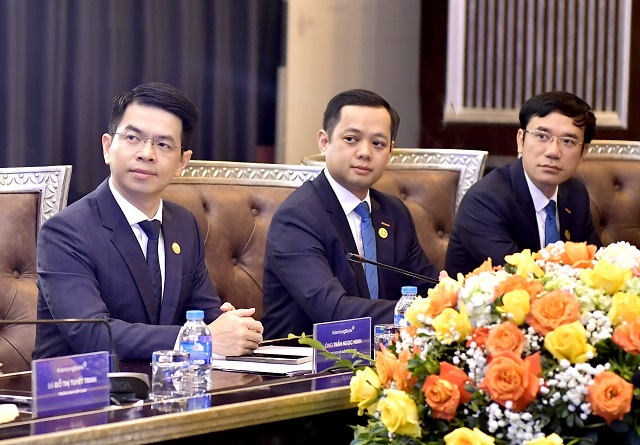 The three key leaders, all named “Minh,” have accompanied, joined hands, and strived to bring about a revolution in Digital Transformation at KienlongBank
|
With this resolute spirit, KienlongBank has continuously emphasized, streamlined, and invested resources in its organizational structure and governance foundation, making it one of the three core pillars (Technology Transformation, Governance Model Transformation, and People Transformation) in the new phase. Risk governance capability is of particular focus and can be considered a “survival” mission at KienlongBank, with the development of comprehensive risk assessment methods and international standard defense scenarios with the accompaniment of leading consulting units.
It can be seen that KienlongBank’s agility in keeping up with the market and proactively devising resolute, synchronized solutions in its new development strategy has contributed to its success so far. Besides efficient and safe financial indicators, KienlongBank’s sustainable development goal continues to be promoted through a transparent and cohesive working environment and practical social activities, with the common interests of the community as the core value that KienlongBank strives for.
“Completed Projects Left Unsold Due to Lack of Land Appraisal, While Some Areas Witness a Doubling of Land Prices Within Just Six Months”
This is a statement from Mr. Nguyen Quoc Hiep, Chairman of GP. Invest and the Vietnam Association of Building Contractors, at the forum “Sustainable Development of the Real Estate Market – Awarding the Livable Project Certification 2024” organized by the Enterprise Forum on the morning of November 27th.
Celebrating 100 Businesses Building a “Green Legacy”
The journey towards building a “green legacy” for any business cannot be achieved without a solid foundation. This foundation is the intrinsic “health” of the enterprise, forged from breakthrough leadership thinking that places sustainable development at the heart of its business growth strategy.
The Secret Commission: How Banks Push Loans to Sell Insurance
Financial experts have revealed that, in the first half of this year, there has been feedback regarding customers being required to purchase insurance packages to access loan disbursements. The root cause of this issue lies in the high commissions offered by insurance companies for investment-linked insurance products, with some companies paying over 100% in commissions to their partners, leading to this unscrupulous behavior by banks.


























